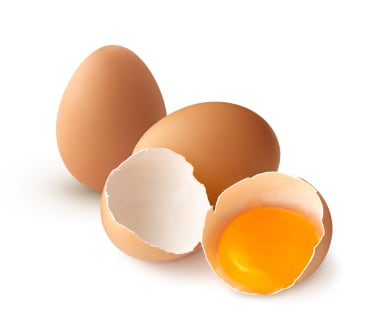Some women who reported feeling stressed before eating a healthy meal did not experience the health benefits of the breakfast made from the healthier sunflower oil, as opposed to the unhealthier palm oil.
In fact the response shown by the stressed women appeared remarkably similar to that shown by women who consumed a meal high in saturated fat.
The study set out to assess the impact that stress has on the body both in terms of its response to food types and by how much it can incite inflammation — the precursor to a multitude of chronic conditions such as heart disease, diabetes and rheumatoid arthritis.
The results may have wide ranging implications for those following a Mediterranean diet, which is well known as a regimen that results in low inflammation.
Stress study

The double-blind, randomised crossover study was carried out in two separate stages. Here, 58 healthy women aged on average 53 years old - including 38 breast cancer survivors - received one of the two breakfasts.
One was deemed less healthy, having been created from palm oil and consisted of eggs, turkey sausage, biscuits and gravy.
The other meal was identical but was mainly produced using high oleic sunflower oil and was deemed the healthier meal.
As anticipated, women who reported no stress-related events from the previous day had raised marker levels for inflammation following the saturated fat meal.
These markers were C-reactive protein (CRP), serum amyloid A (SAA), intercellular adhesion molecule-1 (sICAM-1) and vascular cell adhesion molecule-1 (sVCAM-1).
However, those who reported stress-inducing events prior to the trial and ate the healthier meal were found to have these meal-related differences disappear.
The team from Ohio State University believe that these raised CRP, SAA, sICAM-1 and sVCAM-1 levels in response to stress, made it look more like the responses to the saturated fat meal.
In other words, in women who had stressful days, eating a breakfast with 'bad fat' was just the same as eating one with 'good fat.'
Stress preparation

This research, which originated from a parent study looking at high-fat diets and major depressive disorder (MDD) in cancer survivors, also found those with an MDD history had higher post-meal blood pressure responses than those without a similar history.
“It's more evidence that stress matters," said Dr Jan Kiecolt-Glaser, lead author of the study and a professor of psychiatry and psychology.
Kiecolt-Glaser, along with fellow collaborator Martha Belury, a professor of human nutrition, said it was important to remember that inflammation creeps up over time to contribute to disease.
“The message here is not that you might as well eat whatever you want when you're stressed,” the said.
“Rather it could serve as a reminder to shoot for healthier choices every day so that when stress gets in your way you're starting in a better place,” added Belury.
Source: Molecular Psychiatry
Published online ahead of print, doi:10.1038/mp.2016.149
“Depression, daily stressors, and inflammatory responses, to high fat meals; when stress overrides healthier food choices.”
Authors: Janice Kiecolt-Glaser et al.
